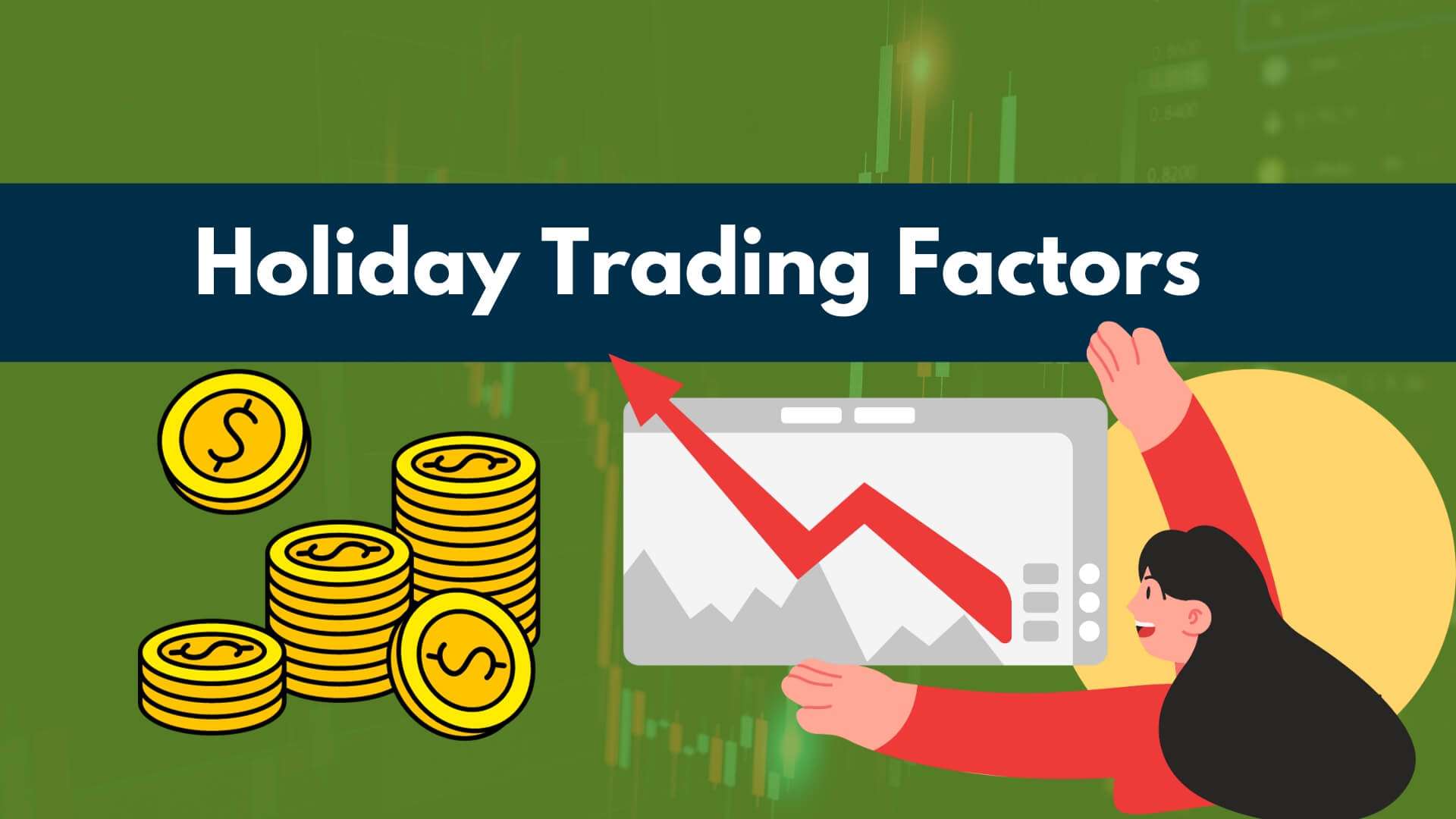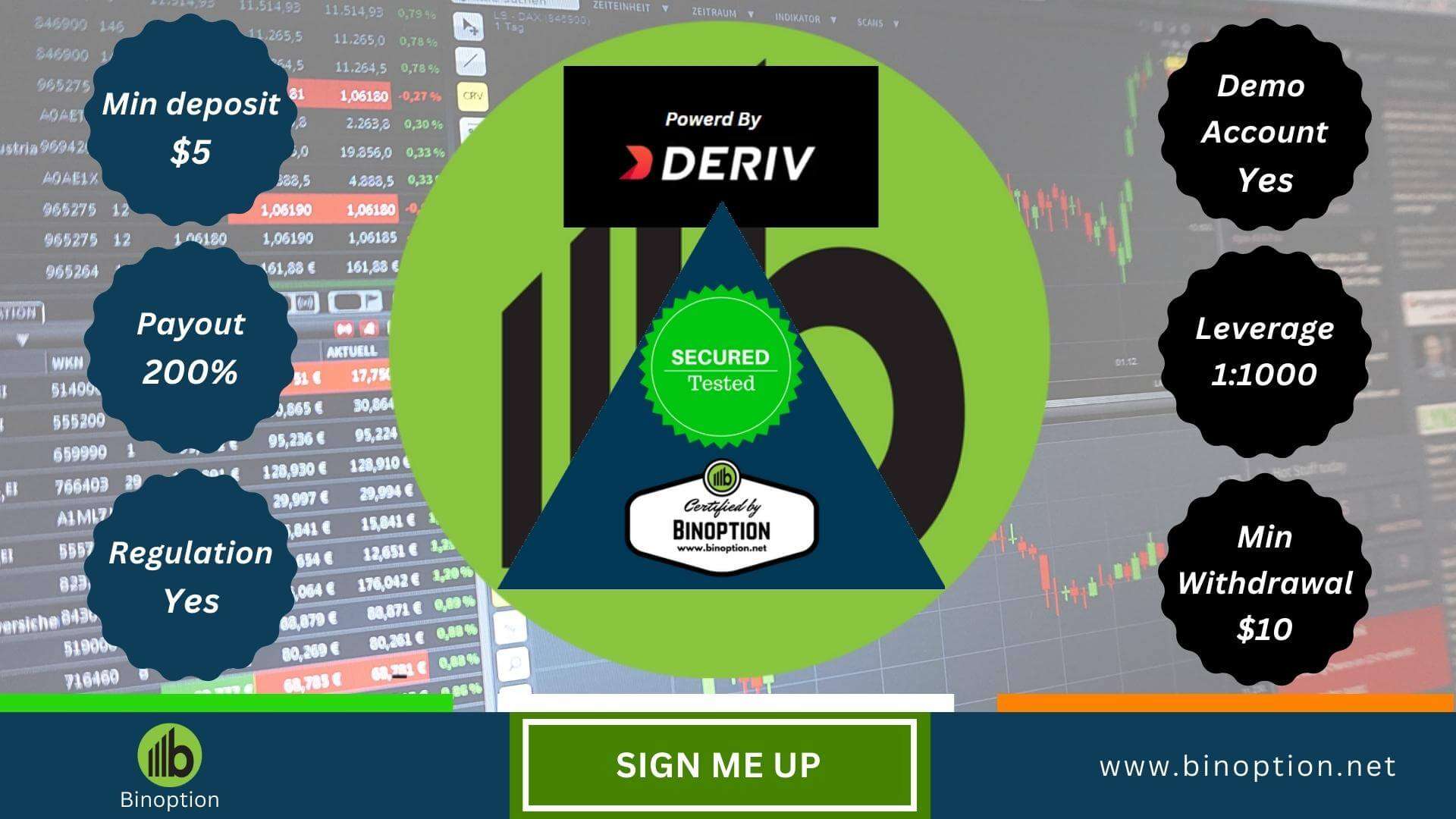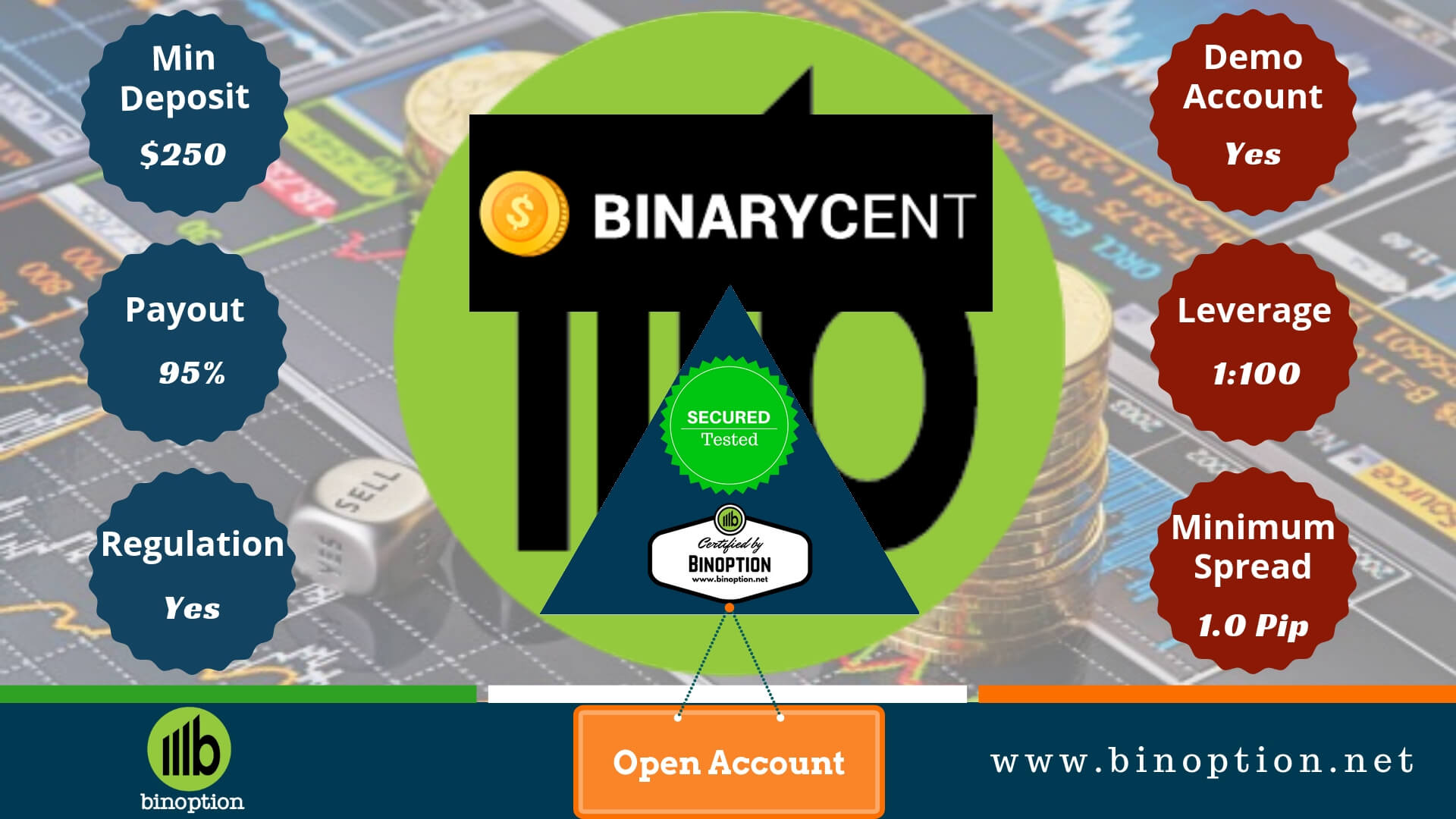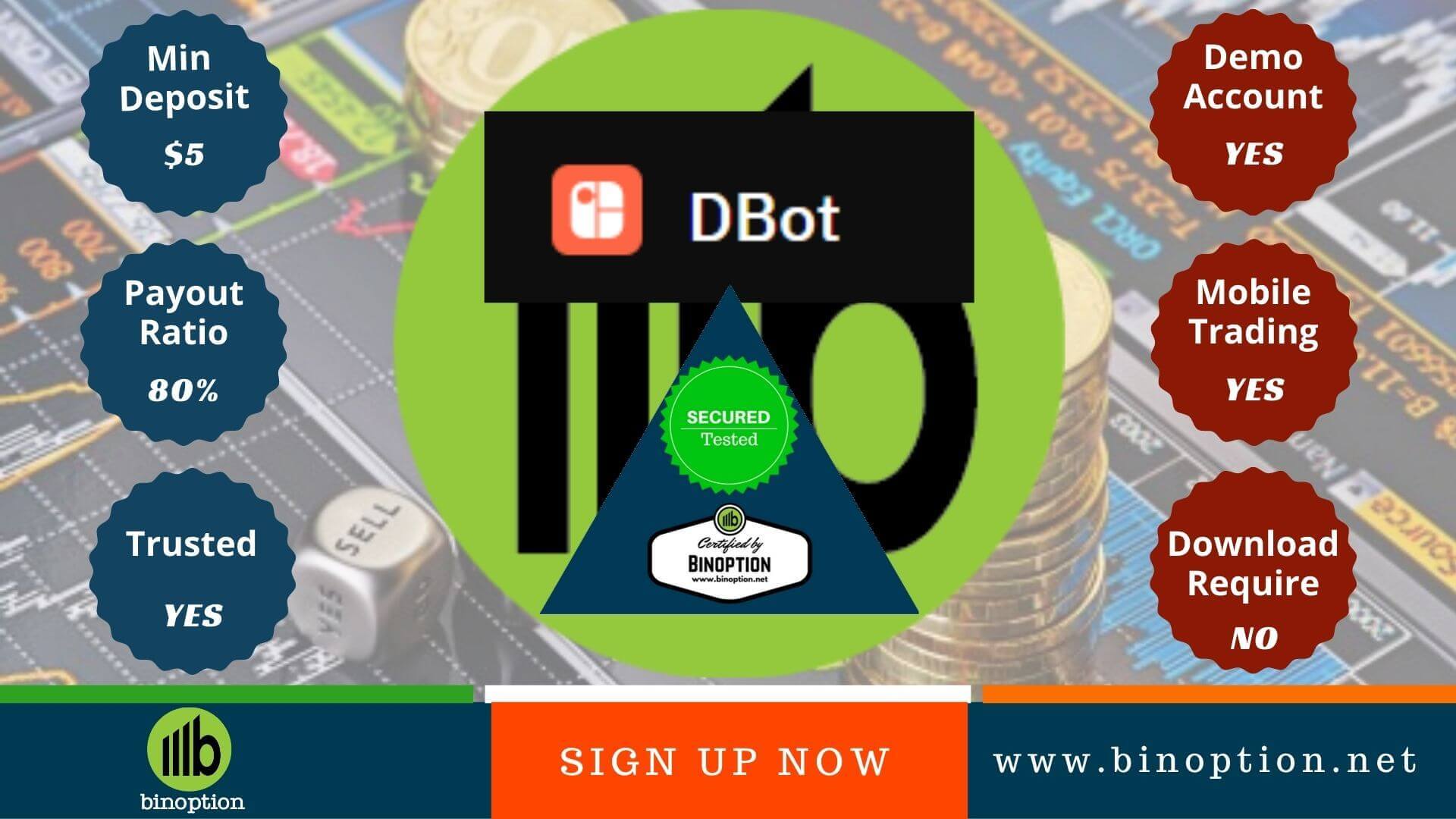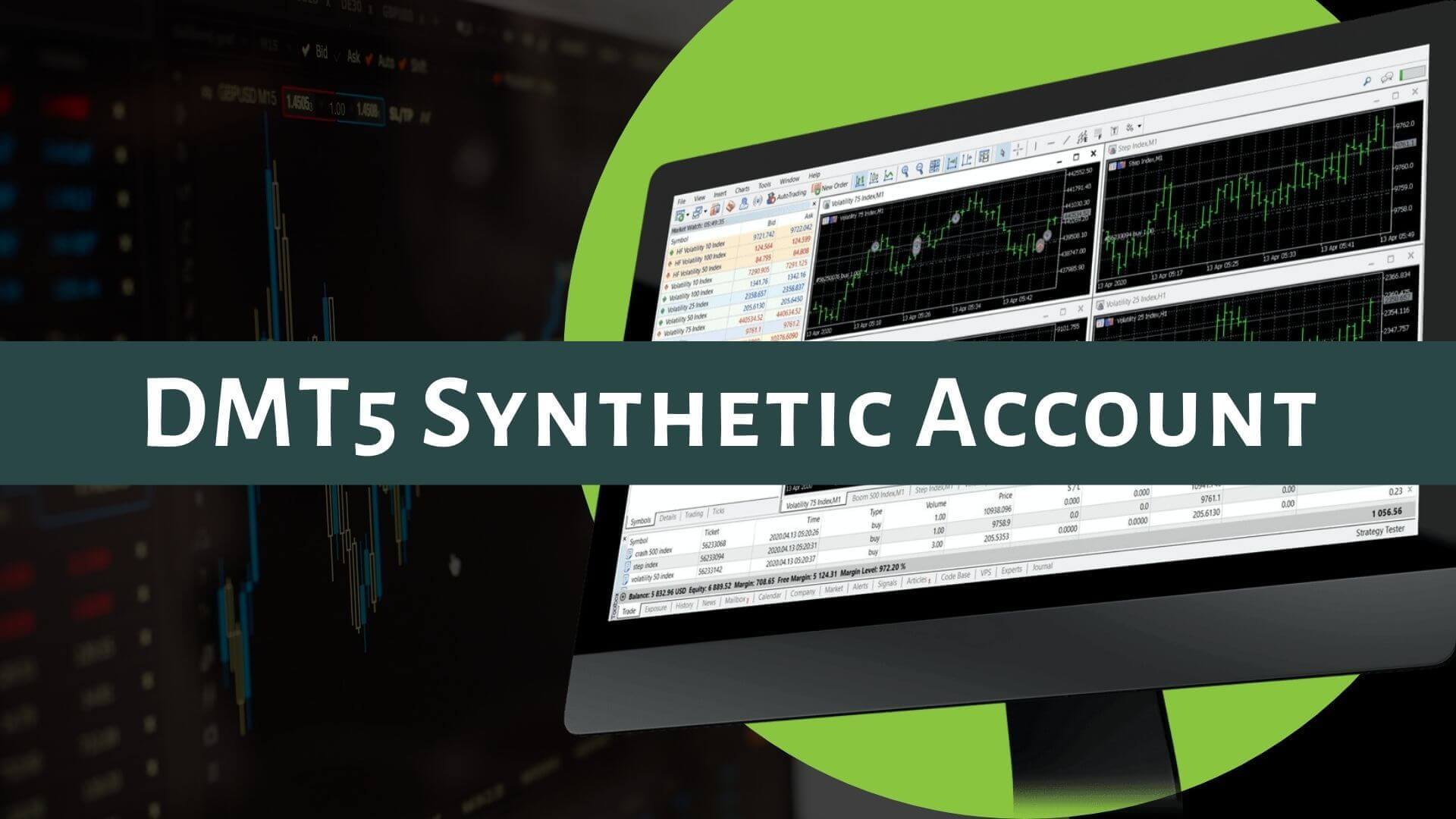Unlock Holiday Profits: 3 Essential Trading Factors You Can't Ignore
The holiday season is often associated with joy, celebration, and relaxation. But for many investors, it presents unique opportunities and challenges. Holiday trading refers to buying and selling financial instruments, such as stocks, currencies, or commodities, during the holiday period.
While it may seem unconventional to trade during this time, it can be a fruitful initiative. However, you should approach the situation with careful consideration and strategy.
In this blog, we will discuss three crucial factors that you should consider for successful trading during the holiday season.
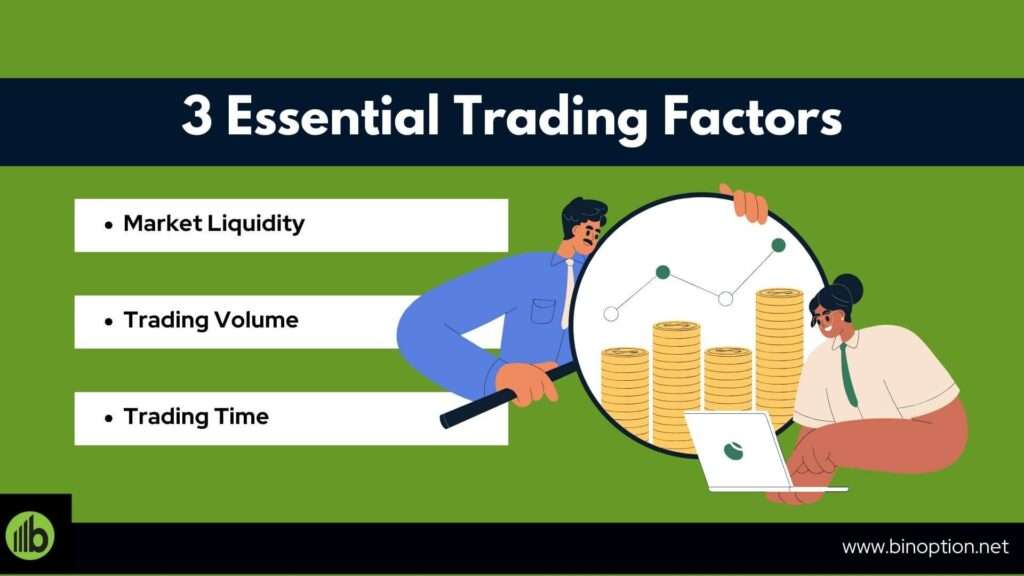
Factor 1: Clear Idea On Market Liquidity
As a holiday trader, the first thing that you should consider is the market liquidity. It is the most significant factor to consider.
Mainly, liquidity refers to how a trader can easily buy and sell an asset without affecting its price. During the holiday, market fluctuation tends to be lower than usual due to reduced trading activity.
On the other hand, many seasoned traders take breaks which leading to decreased market participation. So, the market acts a bit differently during the holidays due to the thinner trading volume.
For instance, during the Christmas and New Year period, trading volumes in the stock market tend to drop drastically.
So, as a trader, it’s crucial to be aware of these liquidity fluctuations. During the holiday season:
- Consider adjusting your position sizes
- Using limit orders and
- Being more patient with your trades.
These precautions can help mitigate the risks associated with reduced liquidity.
When you are looking at the chart it is need to remember that controlling the roller coaster emotions. Market sentiment plays a pivotal role. So, craft your strategy wisely, monitor it, and gauge market sentiment.
Factor 2: Check The Clock -Trading Time
Timing is an essential part of holiday trading. The most critical aspect is that you need to understand the opening and closing hours.
During holidays, market dynamics can shift rapidly compared to the regular hours. While the financial markets typically operate on a 24-hour basis, not all hours are created equal.
The holiday season can bring about irregular trading hours and reduced liquidity, leading to unpredictable price movements.
On the other hand, the global market has different time zones. It can impact the trading activity. Traders need to stay aware of these time zone differences and how they can influence market sentiment and volatility.
The last note could be essential for all of you. As it’s a celebration hour, balance between personal commitments and trading activities. So, you can do:
- Plan your trading schedule
- Monitor the market wisely
- Check the news and events and scheduled dates
- choose to enter or exit positions strategically
Remember, in trading, time is not just a measurement; it’s a valuable asset that can make all the difference in unlocking holiday profits.
Factor 3: Psychology Of Trading Volume
Last but not the least factor is trading volume. Trading volume refers to the total number that traded in a given period, such as a day or an hour.
Usually, as we approach mid-December, trading activity in the financial markets slows down, and it stays that way until the start of the New Year. But there’s something interesting known as the “holiday effect.” This effect suggests that on the day just before a holiday, we might see more trading than usual, which could create some chances for traders.
However, it’s essential to remember that trading can be influenced by various factors that have nothing to do with the seasons.
So, while there could be more activity before a holiday, it doesn’t guarantee that assets will perform in a certain way. It’s always important to consider these other factors that can affect asset prices.
Final Words
Asking me? I am in love with holiday trading. It’s fun and rewarding but full of uncontrollable risk. One can pull a profitable trade who approaches it with knowledge and caution.
So, better to plan with solid strategies before opening a position.
